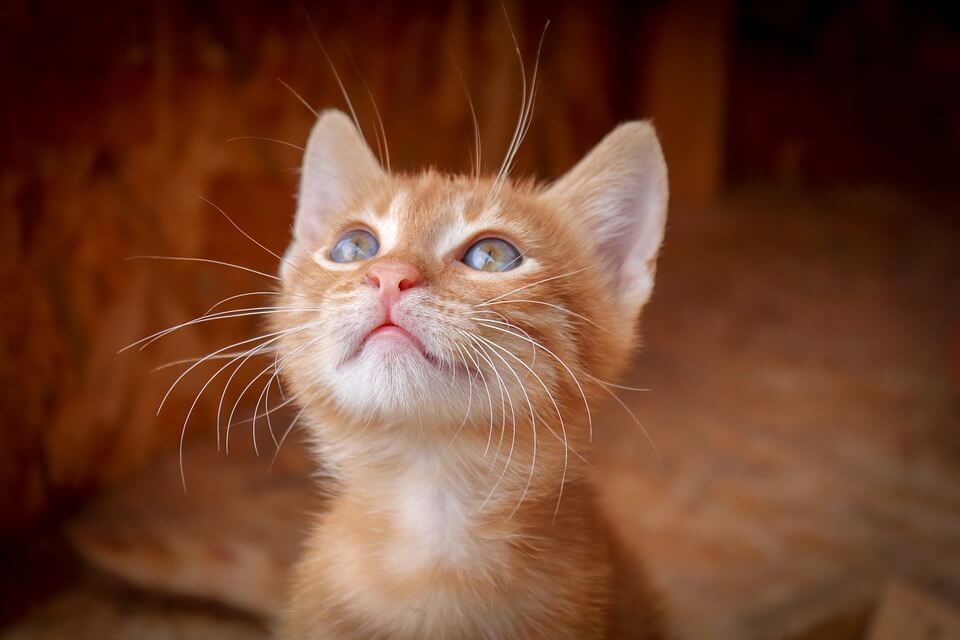
We often hear someone saying “I am just surprised because you are that cat’s drool.” Even more, we can say goodbye to that saying ‘cats rule, and dogs rule.’ Okay, not really. Cats, and dogs, both rule!
Cats love to stay clean. They always groom their fur clean to have a shining set of fur. Moreover, they have a good sense of overall fashion. As a result, cats rarely drool, wanting to stay clean and be more respectful.
Do you know how dogs drool? Dogs build up an excessive amount of saliva and drool. As long as their oral hygiene is in proper care, a dog drooling is nothing out of the ordinary. However, when a cat drools, it is highly abnormal.
Here are eleven reasons why your cat will drool and if it is necessary to call your veterinarian.
Table of Contents
The Meaning of Cats Drooling
Drooling is never a good sign in cats. Although they may only be drooling due to being happy or nervous, the act of purring may even cause them to salivate. Or even food can make them salivate!
Drooling can also be due to flashing back to content memories from when they were kittens being nurtured by their mothers. Enjoying the memories of this happy relationship is perfectly reasonable in a cat.
However, don’t ignore when a cat drools if they have never done it before. If your cat is drooling, it may have a medical problem.
Certain Medical Problems
- Dental Disease
- Trauma
- Cancer
- Kidney Failure
- Plant Poisoning
- Corrosive Poisoning
- Foreign Bodies
1. Dental and Oral Disease
Dental disease is the most common cause for a cat to drool. Cavities, gum disease, and tartar build up in a cat’s mouth. Moreover, certain maladies in dental disease will affect the sensitivity of the mouth.
Also, if you find your cat drooling often, then it would be just she is trying to eliminate or alleviate irritation from their jaws or neck. Sources proclaim that 85% of cats over the age of 3 have tooth or gum disease. The drool they excess may be blood tinged or even smell unpleasant.
2. Respiratory Problems
Sometimes, cats that exhibit viral respiratory diseases can form ulcerations. After that, it may cause an extended run of saliva. Hence, drooling can also be a result of a cold, or infections of the sinuses.
3. Kidney Failure
Kidney failure can be a result of the cat’s drooling. Sources determined that kidney failure is the number one killer of cats. While drooling is a primary symptom, you should also look out for weight loss, increased thirst, increased urination.
Drooling happens because of levels building up in the bloodstream, which result in uremic ulcers in the mouth, esophagus, and stomach.
4. Cancer
It is one of the worst possibilities a pet owner can worry about. However, cancer is a less common issue than dental or viral infection.
Oral cancers can occur in cats in various places such as the tip of their tongue, or sometimes, the back of their throat. These situations can cause extreme and continuous drooling. Cats need a full examination and should be treated with the proper veterinarian care immediately.
5. The Dangers of Poisonous Plants
Cats enjoy chewing on plants. However, there are individual plants which are poisonous for cats containing insoluble calcium oxalate crystals.
The calcium from these plants can create excessive drooling in cats. Just wash out their mouths as best as possible before you attempt to call the veterinarian.
6. Plants to Watch Out For
- Calla lily
- Peace lily
- Dieffenbachia
7. Foreign Bodies
Reasons for a cat’s drooling may also be due to a foreign body. The term is also known as swallowing something they shouldn’t have eaten. Whatever your cat has eaten can lodge itself in the cat’s mouth of the esophagus.
Although they may try to handle the situation on their own by vomiting, owners need to take the case in their manner and assist their furry friend.
Objects to be on the Lookout for
- Sewing Needles
- Blades of Grass
- A Small Fish Bone
8. Being Afraid or Signs of Trauma
Cats are known to be fraidy cats. Vomiting from anxious feelings or even motion sickness often results in drooling. Stressful states such as a trip to the vet, or car rides may trigger drooling. Similarly, cats will eventually stop drooling once they’re anxiety has ended.
Trauma has also been an indicator for drooling if a cat has developed a jaw fracture from any traumatic incident. Therefore, you should take specific Oral exams by veterinarians right away.
9. Joy is Also a Cause of Drool
Surprisingly, cats will drool when they’re over-excited. Thus, a cat drooling while happy is a positive and healthy response to being happy. All cats enjoy a nice cuddle with their owners as they pet them.
10. Drooling in Their Sleep
Let’s be honest. Every living being drools in their sleep. When a cat drools in her sleep, it only means that she is feeling relaxed. And, it is also a good sign that she is happy. Owners have given her a home and happy life.
11. Heatstroke
It can be dangerous to allow your cat to stand under the beating sun. Excessive drooling is the cause of heat stroke when under the sun for too long.
Taking Matters to the Vet
To find the cause for your cat’s drooling a visit to the vet never hurts. You want your cat to be healthy and comfortable. There, vets will find out the cause through tests and alert you.
If anything is dangerous, your vet will likely do treatments with any problems such as oral cleaning, washing out any toxins, or giving you any valuable advice regarding your cat’s behavior.
Conclusion
A cat drooling can either be normal or abnormal. Above all, make sure that your cat is healthy. Don’t leave any foreign objects lying around in the house and don’t ever let them chew an electrical cord. Even brush your cat’s teeth.
If your cat is only drooling due to utter happiness, then there is nothing to worry over. Although different, cats and dogs share similar traits. There is something new to learn about each day about the world of animals.
You May Also Interested In:
- 9 Effective Ways: How to Keep Cats Out of Houseplants
- 5 Things About Can Cats Eat Cilantro
- Is Cat Sick? Why Are My Cat’s Ears Hot?
- 6 Reasons Why Do Cats Sleep So Much
- Why Do Cats Groom Each Other?
- How Often Do Cats Poop?
- 6 Fun Facts: Why Do Cats Like String So Much
- Why Do Cats Vomit?
- 6 Things About Can Cats Eat Cantaloupe
Share this:
- Click to share on Twitter (Opens in new window)
- Click to share on Facebook (Opens in new window)
- Click to share on Tumblr (Opens in new window)
- Click to share on Pinterest (Opens in new window)
- Click to share on Reddit (Opens in new window)
- Click to share on Telegram (Opens in new window)
- Click to share on WhatsApp (Opens in new window)
- Click to print (Opens in new window)
